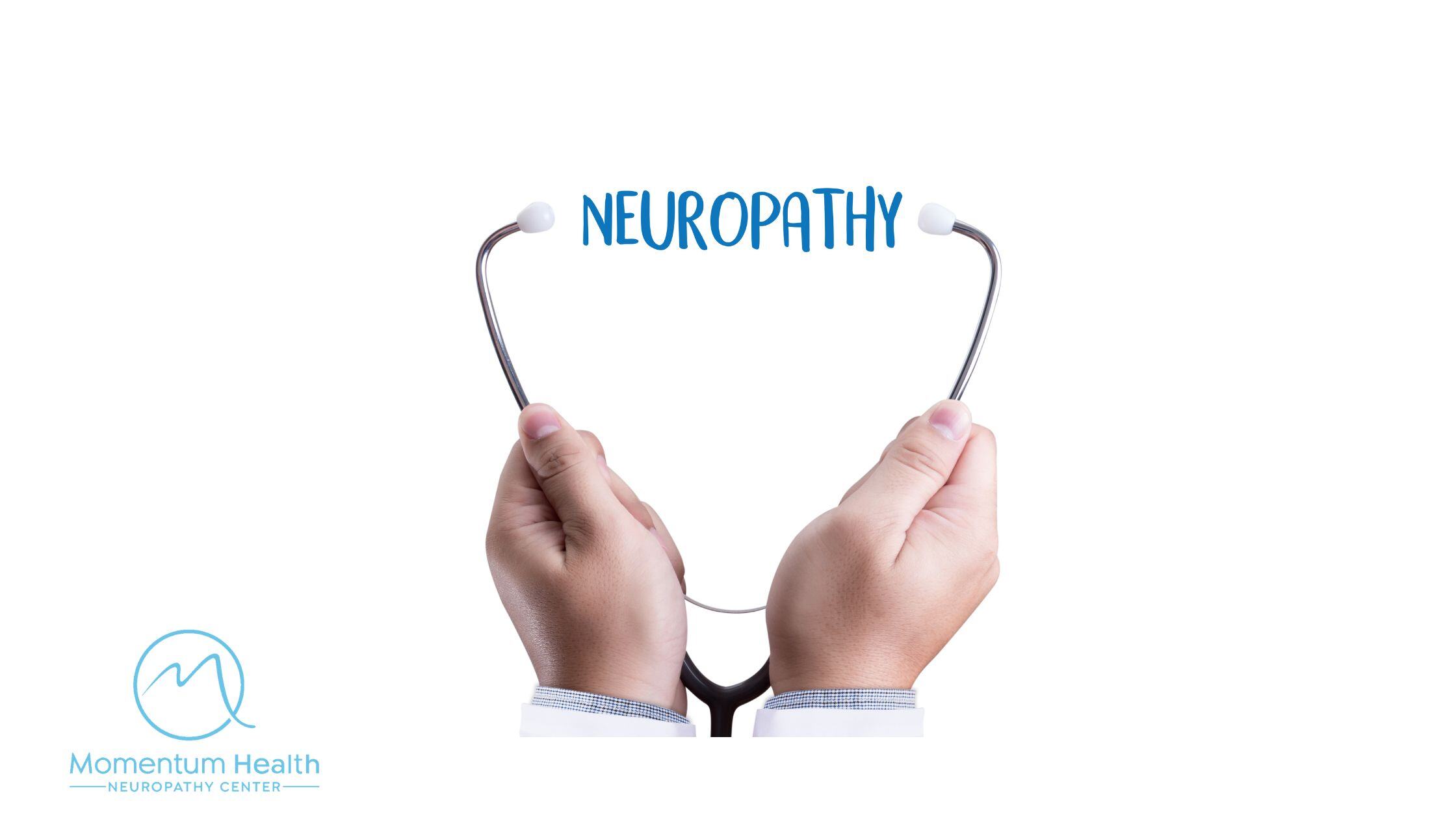
Medications and Neuropathy
Karen May, DC, CCSP, CCIP
What is neuropathy?
Neuropathy is a chronic condition caused by damage or dysfunction in the body's electrical wiring system called nerves. It can affect different types of nerves, including nerves responsible for what you feel (sensation), how you move, how your muscles work, nerves make your heart beat, your lungs breathe, your belly digest, and nerves control all other organs. We have over 45 MILES of nerves in our body.
Anywhere there are nerves, neuropathy can occur.
Neuropathy causes symptoms such as tingling, numbness, weakness, and pain, typically in the hands and feet. Without treatment, neuropathy will get worse overtime and these symptoms will also get worse and cause major life disruptions. Quality of life is everything!
The link between medications and neuropathy
There are over 100 known causes of neuropathy, including:
- Chemotherapy
- Autoimmune Disorders
- Bodily Trauma
- Kidney Disorders
- Exposure to Toxins
- Infections
- Surgery
Today we are going to talk about medication, or drug induced neuropathy. According to the Foundation for Peripheral Neuropathy, there are over 40 known medications that can cause neuropathy. These medications range from blood pressure medications, anticonvulsants, and even medications for arthritis. To view the entire list, visit this link.
Antibiotics and Neuropathy
While antibiotics are essential for treating infections, some can lead to neuropathy, especially when they are taken long-term or in high doses.
- Metronidazole: Commonly used to treat bacterial and parasitic infections, metronidazole can cause neuropathy.
- Nitrofurantoin: This antibiotic, used to treat urinary tract infections, has been associated with peripheral neuropathy, particularly in patients with renal, or kidney, impairment.
Statins and Neuropathy
Statins are typically prescribed to lower cholesterol levels and prevent cardiovascular diseases, but they can lead to neuropathy. In fact, Statins are one of the more common drugs I see on my client’s medication list. The higher the dose, the more symptoms. Lower doses of Statins for long periods of time can also lead to neuropathy symptoms. While statins may not always be the primary cause of someone’s neuropathy, it can contribute to the overall health of the nerves.
How do statins impact the nerves? Myelin, which is the insulation covering on some of the peripheral nerves helps increase the speed and transmission of the electrical signals along the nerves. Myelin is a lipid-rich material that surrounds nerve cell axons, and cholesterol is an essential lipid component of myelin. Without cholesterol, myelin fails to form properly.
Cholesterol-Lowering Drugs
Some people taking statins may experience neuropathy. It's essential to report any unusual symptoms to a healthcare provider. You may be recommended to lower your dosage and to more carefully monitor your symptoms.
Chemotherapy and Neuropathy
Chemotherapy drugs are among the most common drugs to lead to medication-induced neuropathy. These drugs, used to treat various forms of cancer, while very effective at treating cancer, can lead to devastating side effects.
I want to be clear: I’m not an oncologist and I don’t specialize in treating cancer. Nor am I saying not to get chemo or radiation. However, I do specialize in helping people reverse neuropathy symptoms.
- Platinum-Based Compounds: Drugs like cisplatin and carboplatin can cause nerve damage. Symptoms could appear during or after treatment.
- Taxanes: Paclitaxel and docetaxel are also known to cause neuropathy. How severe it gets can depend on the dose and how long the treatment lasts.
- Vinca Alkaloids: Medications like vincristine and vinblastine can also lead to nerve damage, sometimes requiring a reduction in dose or stopping the drug altogether.
Prevention and Management
Managing medication-induced neuropathy can involve a combination of strategies:
- Dose Adjustment: Reducing the dosage of the medication causing your symptoms can sometimes help to alleviate symptoms.
- Switching Medications: If possible, switching to a different drug that does not cause neuropathy may be necessary.
- Lifestyle Changes: Regular exercise, anti-inflammatory nutrition, and avoiding alcohol can help manage symptoms.
If you suspect that a medication is causing neuropathy, it's crucial to consult your healthcare provider. They can help you determine the best course of action to minimize nerve damage. Remember, always consult with your doctor before making any adjustments to your medications. This blog is only informational and is not medical advice.
Get treatment for neuropathy
Neuropathy is a chronic condition that worsens over time. Without treatment, any symptoms you have will progressively get worse.
While there is no cure or quick fix for neuropathy, our proven Neuropathy Relief Program has seen success time and time again:
- Reducing pain and numbness
- Improving balance and mobility
- Improving quality of life and overall health
- Helping clients to regain their freedom and independence
To connect with a relief expert today and learn more about your relief options, call 517-883-2291 or click the button below to learn more about our program.

